Sport
Dollar
38,2552
0.34 %Euro
43,8333
0.15 %Gram Gold
4.076,2000
0.31 %Quarter Gold
6.772,5700
0.78 %Silver
39,9100
0.36 %The ruling South West Africa People's Organization, or SWAPO party, is facing its sternest test so far.
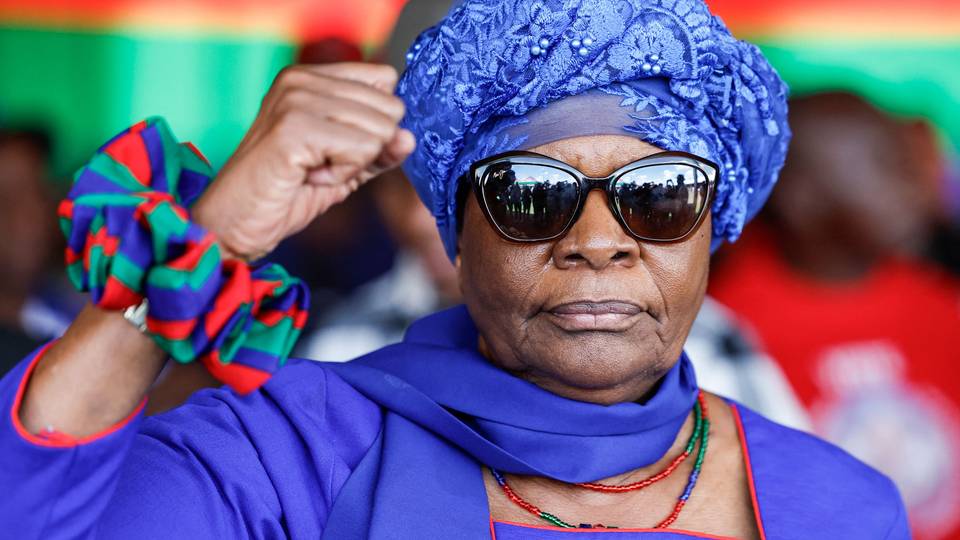
By Emmanuel Onyango
Namibians head to a historic election on Wednesday, faced with a stark choice between electing the southern Africa nation's first female president and rejecting a ruling party that has governed since independence 34 years ago.
The ruling South West Africa People's Organization, or SWAPO party, is facing its sternest test so far. But there are also mixed feelings about a complete overhaul in government by giving the reins of power to a new party.
The elections followed the death of President Hage Geingob in February 2024. Interim President Nangolo Mbumba, 83, declined to seek election, citing his age, although he was legally eligible.
Victory for Swapo's candidate, current Vice-President Netumbo Nandi-Ndaitwah, 72, will make her the second current African female president, alongside Tanzania's Samia Suluhu Hassan – who rose to power in March 2021 to serve out the five-year term of John Magufuli, who died in office.
Nearly 1.5 million Namibians have registered to vote in the presidential and legislative elections.
The president and MPs to be elected will serve for five years, with the president limited to a maximum of two terms. Some 15 political parties have fielded candidates.

The winning presidential candidate must garner over 50% of the vote in the first round for an outright victory, or face the runner-up in a run-off.
Who are the candidates?
Out of the 15 hopefuls vying for the presidency, only two have a realistic chance of winning, analysts say. The two front-runners are:
- Netumbo Nandi-Ndaitwah Netumbo
Nandi-Ndaitwah is the current vice-president of Namibia. She has served in high-profile roles for over two decades.
Political observers say she stands a good chance of winning, although the fortunes of her Swapo party have been dwindling among young people who never witnessed the party's successful role in the country's struggle for independence, and those living in major urban centres.
Socio-economic inequalities, economic hardship, a past corruption scandal in the fishing industry, and the perception that Swapo has abandoned its foundational principles have contributed to the party's popularity decline.
But Swapo supporters say the party should be credited for strong governance and major infrastructure investments.
Nandi-Ndaitwah has pledged to tackle youth unemployment by creating 500,000 jobs over the next five years.

- Panduleni Itula
Panduleni Itula, 67, is making a second attempt at the presidency after he secured 29% of the presidential vote as an independent candidate in 2019.
He has since formed the Independent Patriots for Change that is also contesting some parliamentary seats.
A win for Itula would take Namibia to an unprecedented path of transfer of power to a new party. Why this election matters?
Why this election matters?
Namibia, which has a population of three million, is classified as an upper-middle-income country. Diamonds and uranium ore are its leading exports.
Despite its wealth in mineral resources, and recently discovered offshore oil, the country ranks second in the world for income inequality, according to World Bank figures.
How Namibians vote could reflect the political landscape of the Southern African region, where a wave of anti-incumbency fever has seen voters fall out of love with political parties that stemmed from liberation movements in neighbouring South Africa and Botswana.
"There is now a wave of these dominant parties losing. The domino effect of a big party like ANC losing in South will embolden similar moves in other southern African countries, and I was not surprised when it happened in Botswana," Prof Christopher Afoke Isike, a specialist in African politics and international relations, told TRT Afrika.
"Where you begin to taunt liberation credentials as the only qualification for you to be in government, then at some point these young people who are alienated because they were not part of the liberation struggle will begin to ask questions… that's where it (opposition) starts from,’’ he added.

When will we know the results?
Voting materials have been distributed across polling stations across the country, and voting is expected to start on Wednesday at 07:00 local time.
Counting of votes will start soon after polling stations are closed at 17:00 local time, with results expected to start streaming in from Thursday morning.
The electoral commission is expected to announce the final result by Saturday, according to reports by the local media.
➤Click here to follow our WhatsApp channel for more stories.
Comments
No comments Yet








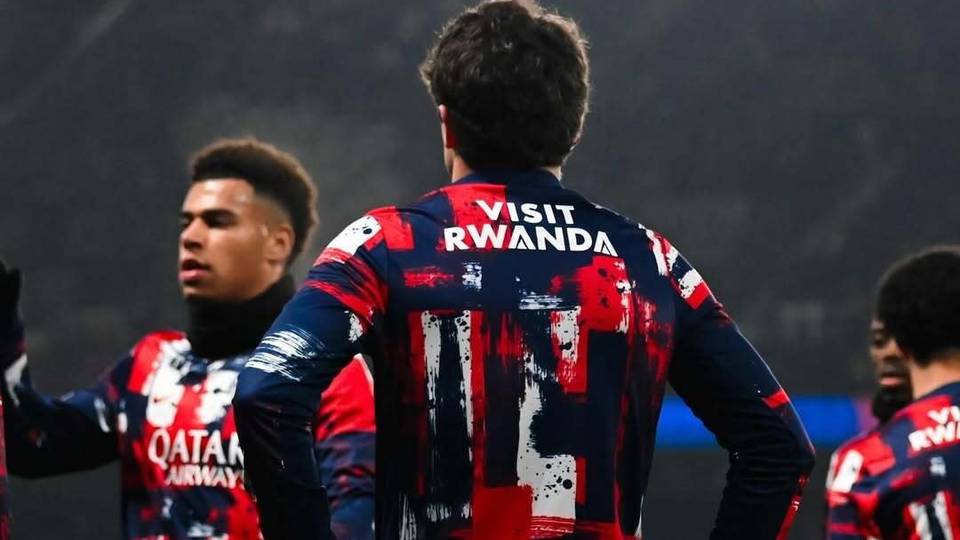
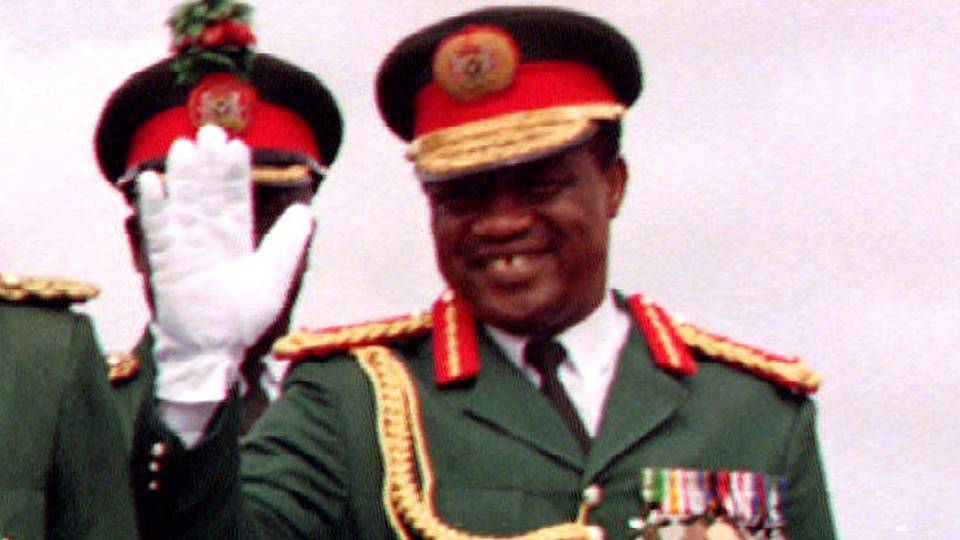
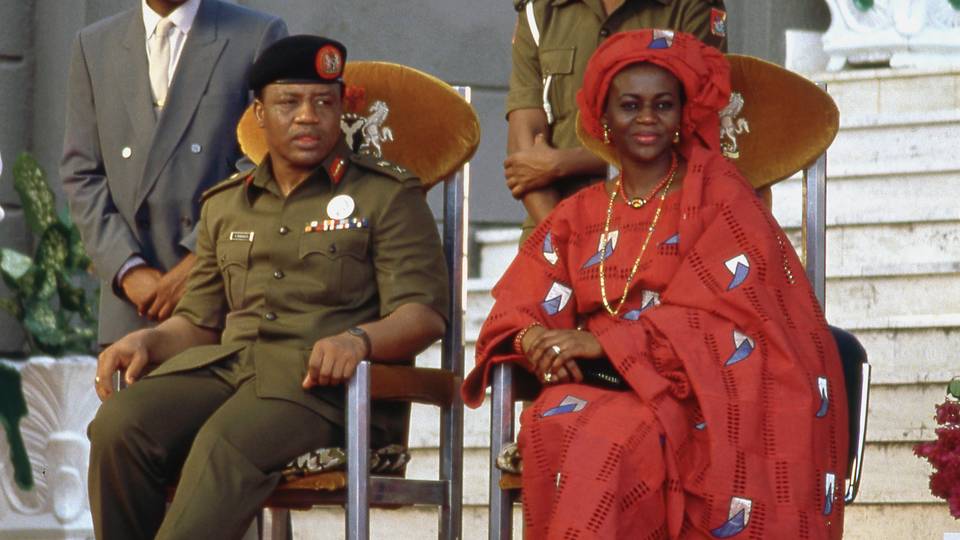
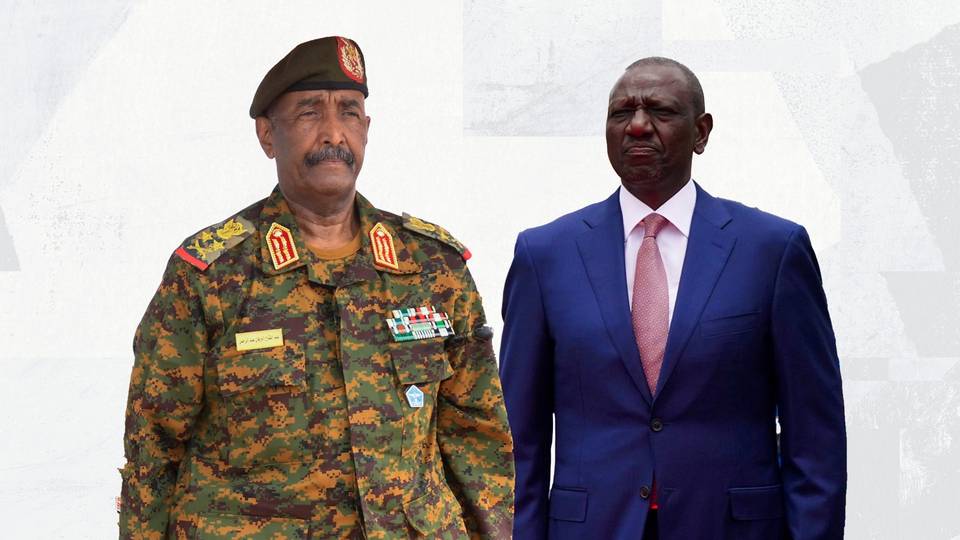








Comment